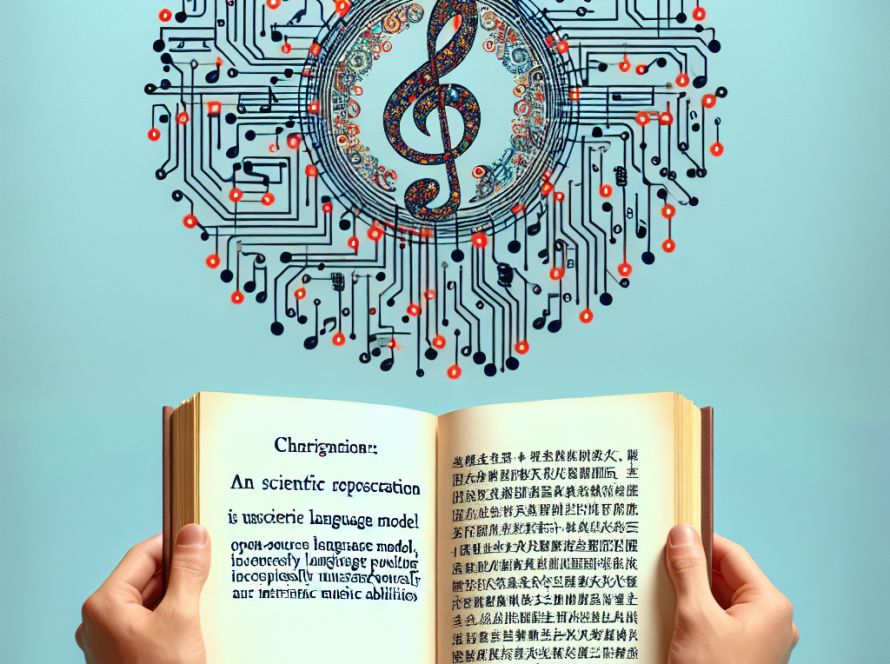Artificial Intelligence (AI) is poised to transform various sectors, including the world of arts and design. A sold-out panel discussion held on October 26 at MIT explored the future and impact of generative AI in the creative industry. The panel comprised Ziv Epstein, a multimedia artist, Ana Miljački, an architecture professor, and Alex Reben, an artist and roboticist. The discussions centered on three themes: emergence, embodiment, and expectations.
The first theme, emergence, questioned if generative AI helps reach ambiguities in the creative process. According to Miljački, AI can fabricate synthetic memories, an area of ambiguity that is troublesome in science but fascinating for the arts. Epstein and Reben both discussed the debate surrounding whether AI is a tool or an agent. They noted that it has the potential to draw on a vast quantity of people’s past creative work and interpret those contributions in new ways, making these systems inherently biased and thus not neutrally creative.
The second theme was embodiment, looking at the tangible experience created by art and design versus the often intangible interaction with AI systems. Miljački spoke of AI’s potential to create a rich sensory experience beyond two-dimensional images. Reben gave an example of a project that involved creating an AI-generated ‘Dali-like’ image, which was then turned into a 3D object, demonstrating multiple levels of human interaction in the production process. Epstein suggested the necessity to inject meaningful human control into AI systems, making them potentially more responsive, like musical instruments.
The third theme, expectations, revolved around the rapidly growing expectation of AI’s capabilities. The panel suggested an awareness of AI’s limitations – Miljački noted its inherent tendency to reproduce existing biases due to its reliance on past data. Epstein compared using AI to wearing a blindfold while traveling at high speed, and suggested it could drastically change our understanding of what it means to be human. Reben concluded by noting the difficulty in predicting the future of technology and emphasized the importance of driving its development towards beneficial applications.
In summary, the panel recognized the potential of AI to introduce new possibilities into the creative field, but also critically reflected on its limitations and the potential risk of perpetuating biases inherent in its data inputs. Developing meaningful interfaces of control and steering its development towards future benefits were suggested as ways to harness AI’s creative potential while mitigating its risks.


